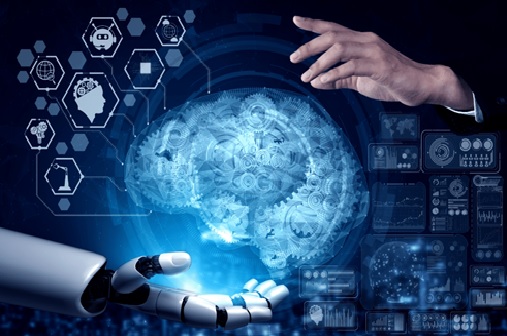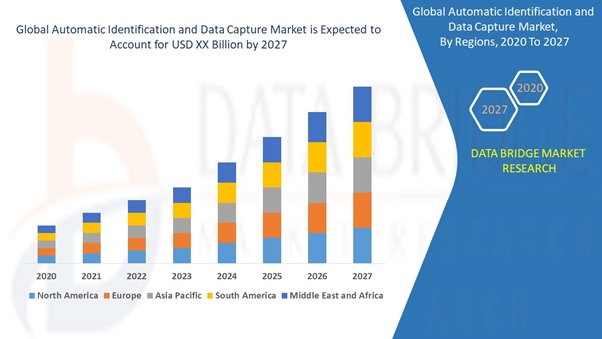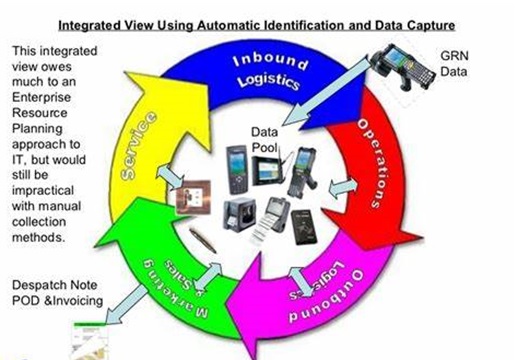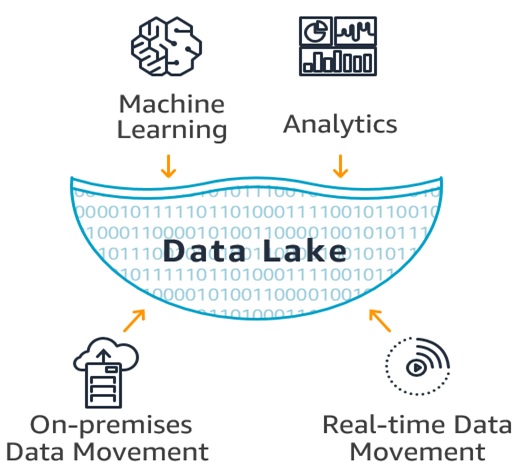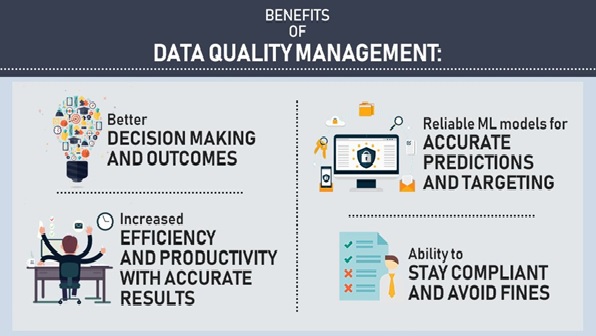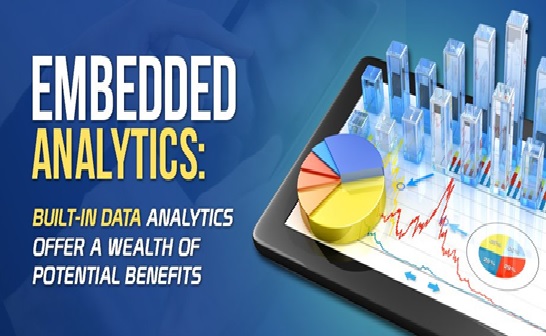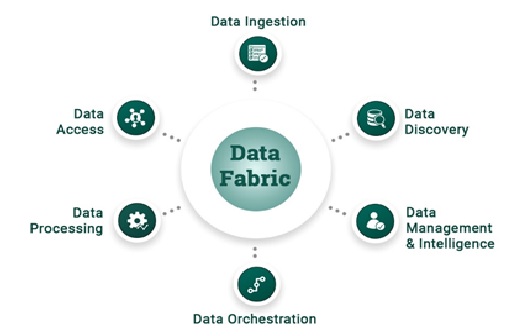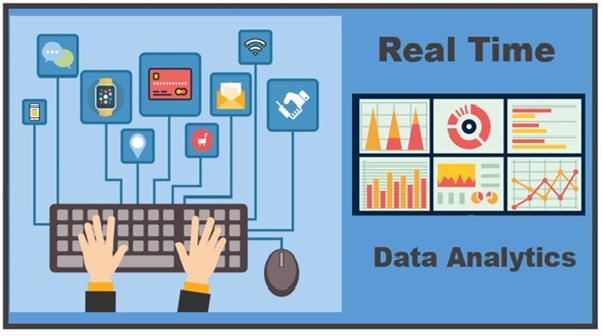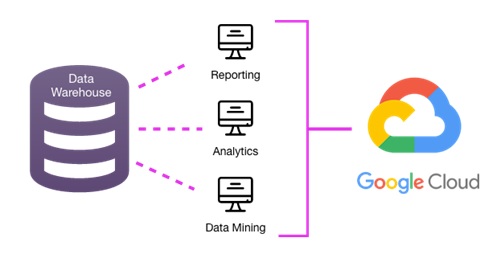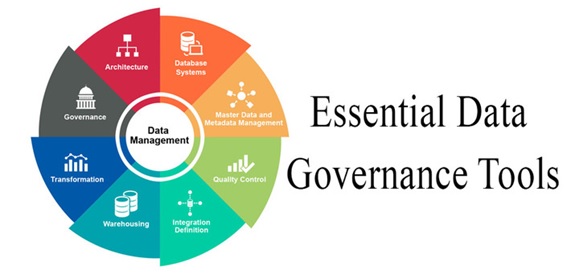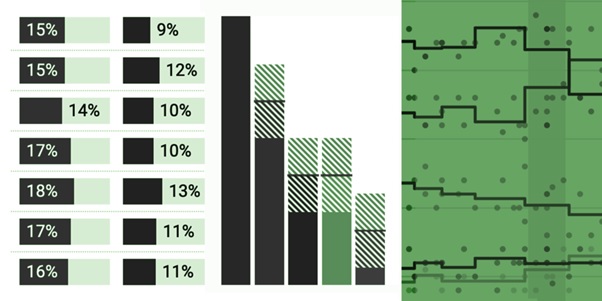The Future of DataOps
DataOps (data operations) is an agile, process-oriented methodology for developing and delivering analytics. It brings together DevOps teams with data engineers and data scientists to provide the tools, processes and organizational structures to support the data-focused enterprise. Michele Goetz, vice president and principal analyst at Forrester, defines DataOps as, "the ability to enable solutions, develop data products, and activate data for business value across all technology tiers from infrastructure to experience." [1]
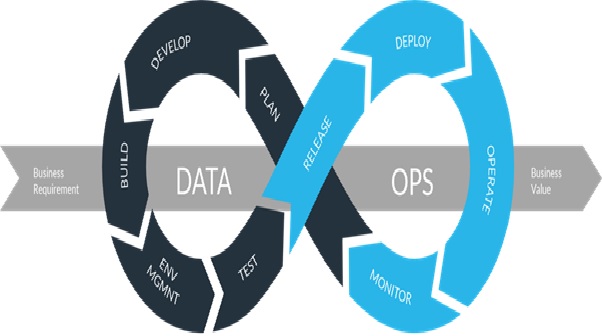
Figure 1. The future of DataOps
Figure 1 shows According to The 2020 Data Attack Surface Report, total global data storage is expected to exceed 200 zettabytes by 2025—with half of it stored in the cloud. And the number of devices in play is also massive, with the estimated 31 billion Internet of Things (IoT) devices currently in use expected to grow to 75 billion by that same year. The report also suggests that by the end of this decade, 7.5 billion people, or 90 percent of the world’s population over six years old, will be online and generating data.
It’s a data-driven world, and as such, the data-driven business is sure to follow. That’s one of the tenets of the Autonomous Digital Enterprise, where manual effort is minimized to capitalize on human creativity, skills, and intellect across the enterprise and businesses learn to continuously examine customer and partner relationships to intelligently create new value.[2]
The Future of Data: DataOps as a Force Multiplier
DataOps Summit explores the future of data in a tumultuous landscape. As the pace of change in data-oriented disciplines accelerates, the adoption of operationalization tactics across disciplines is also accelerating. Practices such as AI and ML are adopting DevOps principles of automation and monitoring, to gain agility, enhance collaboration, break down silos and more. These principles create harmony between business, development and operations.
Likewise, DataOps tames data chaos and delivers it to all XOps disciplines. “DataOps is the force multiplier for the effectiveness of machine learning and MLOps,” said Girish Pancha, CEO of StreamSets. “And it’s the same with any Ops discipline. You’ll find all of them need DataOps. DevOps needs data pipelines; CloudOps needs migration pipelines; PrivacyOps needs data protection pipelines; SecOps needs edge pipelines. DataOps is that which binds all of XOps.”
The key drivers behind XOps are highlighted in Pancha’s keynote, ‘The Future of Data,’ at DataOps Summit 2021 today (virtual and worldwide). The session outlines the three principles behind DataOps, including the one responsible for driving data innovation and digital transformation in an organization. [3]
Speed things up with DataOps
DataOps can help change that—streamlining processes so that data moves along the pipeline much more quickly, continuously yielding actionable insights and demonstrable value to the business. As more companies recognize that they are in fact a data-driven business, they must also realize they need to change their current, disconnected data processes to leverage it. By implementing DataOps processes and infrastructures, and creating teams that include dedicated data engineers and data scientists, organizations will not only be able to yield insights that drive current and future decision making in near real-time; they’ll also be better prepared to become an Autonomous Digital Enterprise.[2]
References:
- https://www.cio.com/article/3237694/what-is-dataops-data-operations-analytics.html
- https://www.cio.com/article/3611411/why-dataops-is-important-to-future-success.html
- https://www.businesswire.com/news/home/20210929005287/en/The-Future-of-DataOps-the-Tie-That-Binds-XOps-Illuminated-at-DataOps-Summit-2021
Cite this article:
Thanusri swetha J (2021), The Future of DataOps, Anatechmaz, pp. 24


